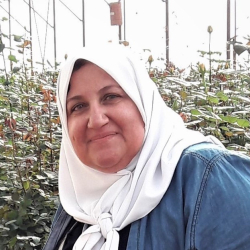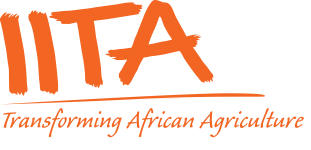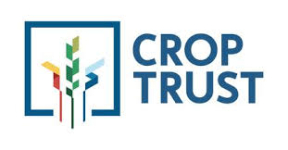The current SHU facility is a makeshift created on emergency basis to accommodate staff and labs shifted from Aleppo, Syria. The current lab capacity facilitates annual testing of 30,000 samples, while the demand is at least twice. Also, seed health testing procedures require certain conditions to implement testing efficiently and some critical modifications to the current lab are highly required. In fact, the current space available for SHU at ICARDA’s Terbol station is 114 m² and the testing for incoming & outgoing seeds and for all seed-borne pathogens (nematodes, bacterial, fungal & viral diseases) are carried out in small space (8 x 4 m) which means defiant slowing the indexing throughput and delaying gene banking activities, including conservation and international exchanges. Overcoming this limitation requires urgent expansion of SHU laboratory.





